Pak-India talks: Vital accords on nukes, missile tests extended
Both sides, however, fail to expand current accords on last day of talks
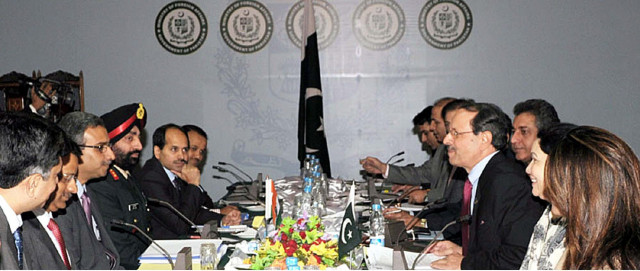
The agreements were reached at the end of the expert-level talks in Islamabad, taking place to discuss nuclear and conventional confidence building measures (CBMs). The parleys, part of the peace process resumed earlier this year between the two neighbours, were held in a ‘cordial and constructive atmosphere,’ said a statement issued by the foreign office.
The two sides agreed to recommend to their foreign secretaries to extend the validity of the “Agreement on Reducing the Risk from Accidents Relating to Nuclear Weapons” for another five years, it said. They also decided to renew agreement on the pre-notification of ballistic missile tests. The term of the existing arrangement is believed to expire in February next year.
Despite earlier indications, the two countries appear fail to expand the scope of current agreement by also including cruise missile tests.
However, while few concrete steps were taken at this point in time, the two sides did appear to lay the foundation for more substantive action. During the talks, both sides reviewed the implementation and strengthening of existing CBMs in the framework of the previous Lahore Memorandum of Understanding (MoU), and agreed to explore possibilities for mutually acceptable additional steps. The two sides also exchanged notes on their security concepts and nuclear doctrines during discussions on nuclear CBMs.
Discussing the nukes
On the topic of nuclear weapons, some differences were apparent. While Islamabad renewed its offer of a ‘strategic restraint regime’ accord, New Delhi pushed for a pledge from Pakistan about ‘no first use of nuclear weapons.’
Indian media claimed that the talks focused on the need for Pakistan to “demonstrate restraint and responsibility” in the nuclear field. The need for greater engagement by Pakistan on multi-lateral negotiations, especially on the Fissile Material Cut-Off Treaty (FMCT), also figured in the talks, it said.
Pakistan has long boycotted negotiations on the FMCT, arguing that it has to continue producing fissile material used in nuclear weapons to address the conventional military imbalance with India.
New CBMs
During the talks, the two sides also proposed fresh CBMs in a bid to lower the level of trust-deficit. The new CBMs include a proposal by Islamabad to redeploy heavy weapons at the Line of Control (LoC) in the disputed region of Kashmir and an agreement on the prevention of incidents at sea.
The proposals exchanged by the two sides at the talks will now be forwarded to the foreign secretaries. This was the first meeting of Joint Working Group on nuclear and conventional CBMs in the last four years.
(Read: India-Pakistan CBMs)
Published in The Express Tribune, December 28th, 2011.

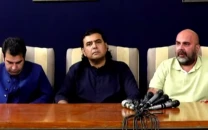
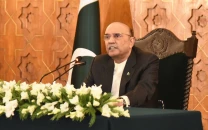
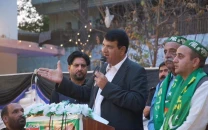
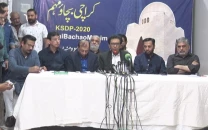














COMMENTS
Comments are moderated and generally will be posted if they are on-topic and not abusive.
For more information, please see our Comments FAQ